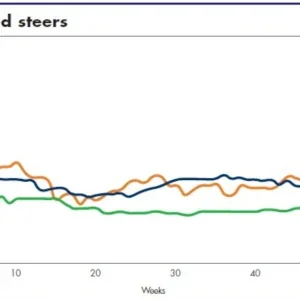In January 2004, new regulations to curb illegal trade in Turkish goods entering Russia came into force. Leather garments and footwear were prime culprits and, in garments alone, the tax-free ‘luggage trade’ averaged three or four times the value of official invoiced exports.
One year on almost nothing has changed. The luggage trade has barely drawn breath. It is thriving and nobody is too upset about it. Turkish tanneries or garment producers never complained about the money anyway; what worried the nucleus of career tanners was the decline in quality as speculators swamped the sector.
‘Russians bought everything, regardless of quality’, one Istanbul tanner remembers. Russians subsequently blamed Turkish tanners for cheating over quality, even though Russian ‘buyers’ had no skill in purchasing leather.
With tanneries continuing to close, Türkiye’s remaining tanners are smart and professional. Understandably, they are shy about giving corporate turnover and sales figures because sales to Russia are at least double official takings. The law proved narrow in scope by restricting the purchase value of goods acquired abroad by returning Russians. The movement of goods by overland cargo and courier transport was ill-defined.
‘If we give a shipment to a cargo company or trans-Euro carrier, we don’t know the delivery routes’, an Izmir tanner explained. Talk of officialdom, invoices or bank transfers scares off Russians, who increasingly eschew legal nuisances. This is still a risky market for Turkish tanners.
What has changed is that Turkish producers are now obsessed with quality. An Izmir-based tanner with six factories, processing 20,000 skins per day, said that the firm offers a choice of first quality only. He rates Russians as more careful than European buyers but ‘still not professional.’






